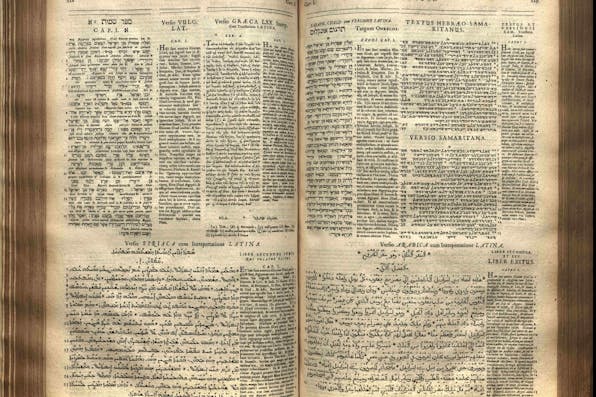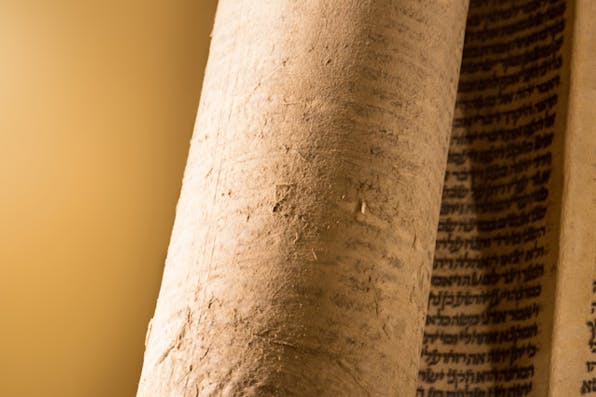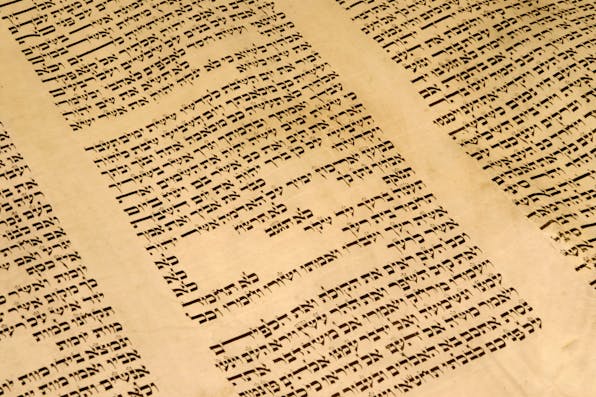
July 2017
The Corruption of Biblical Studies
Academic scrutiny of scripture, a discipline prey to intellectual fashion since its inception, is today pursued by many in the service of secular liberal positions.
In the 2017 edition of The State of the Bible, its annual survey, the American Bible Society reports that more than half of all Americans who regularly read the Bible now search for related material on the Internet. This shift in how the faithful learn about scripture has resulted in unprecedented public exposure to one particular kind of Bible study—namely, the academic kind. Major websites now offer the latest that scholars have to say about the Bible—its authorship, its historical accuracy, its proper interpretation—and those websites attract hundreds of thousands of unique visitors each month. In an age when interest in the humanities is generally waning, the department of biblical studies is providing enrichment to what has become the most popular online branch of the liberal arts.
This is surely a blessed development. Men and women of good faith engage with these study materials in pursuit of that purest religious ideal: the truth. In doing so, moreover, they fully recognize that academic researchers ask important questions and often offer compelling answers by drawing on resources and insights unavailable through denominational venues. For many users, these answers and insights do not merely supplement but may also challenge the traditional Jewish and Christian teachings in which they have been brought up. So the interest in academic scholarship of the Bible increases—and with it the authority of the scholars purveying it. As a Jewish day-school teacher recently put it to me: “Often, I find that students might not be so well informed about the meaning of a scientific or archaeological claim; it’s enough that many academics holding respected titles have advanced a certain way of understanding something.” In today’s climate, the university biblicist, even before he or she speaks, enjoys a deep line of credit.
For Jews in particular, nothing in biblical studies draws so keen an interest as the issue of the origins of the Torah: the Five Books of Moses, or Pentateuch. The scholarly pursuit of the Torah’s putative sources and how they evolved into the text we have today is referred to in the academy as “source criticism”: the discipline’s oldest sub-field and still its largest. And source criticism of the Torah is also front-and-center in the Jewish public eye.
Responses to July ’s Essay

July 2017
Deeper Reasons for the Bias in Biblical Studies
By Jon D. Levenson
July 2017
Academic Biblical Criticism Is Not Corrupt
By David M. Carr
July 2017
Why Biblical Scholars Should Declare Their Worldviews
By Craig Bartholomew
July 2017
Biblical Scholars Are Open to Self-Correction, and They Listen to Conservatives, Too
By Benjamin D. Sommer
July 2017
What’s Next for Biblical Studies
By Joshua Berman